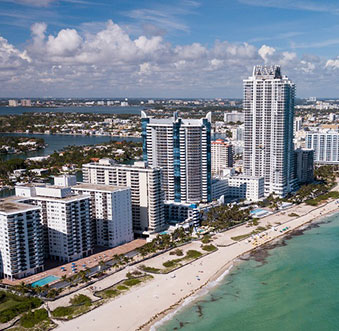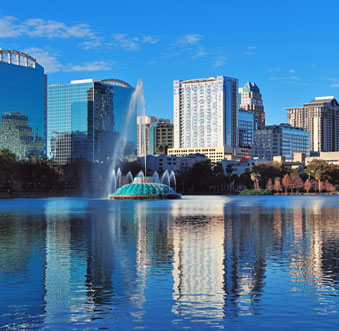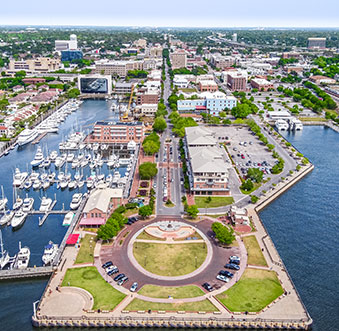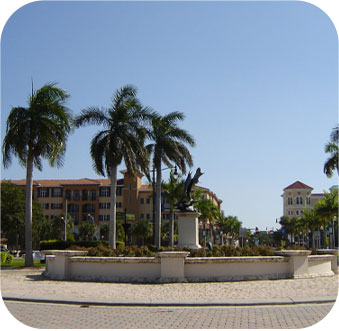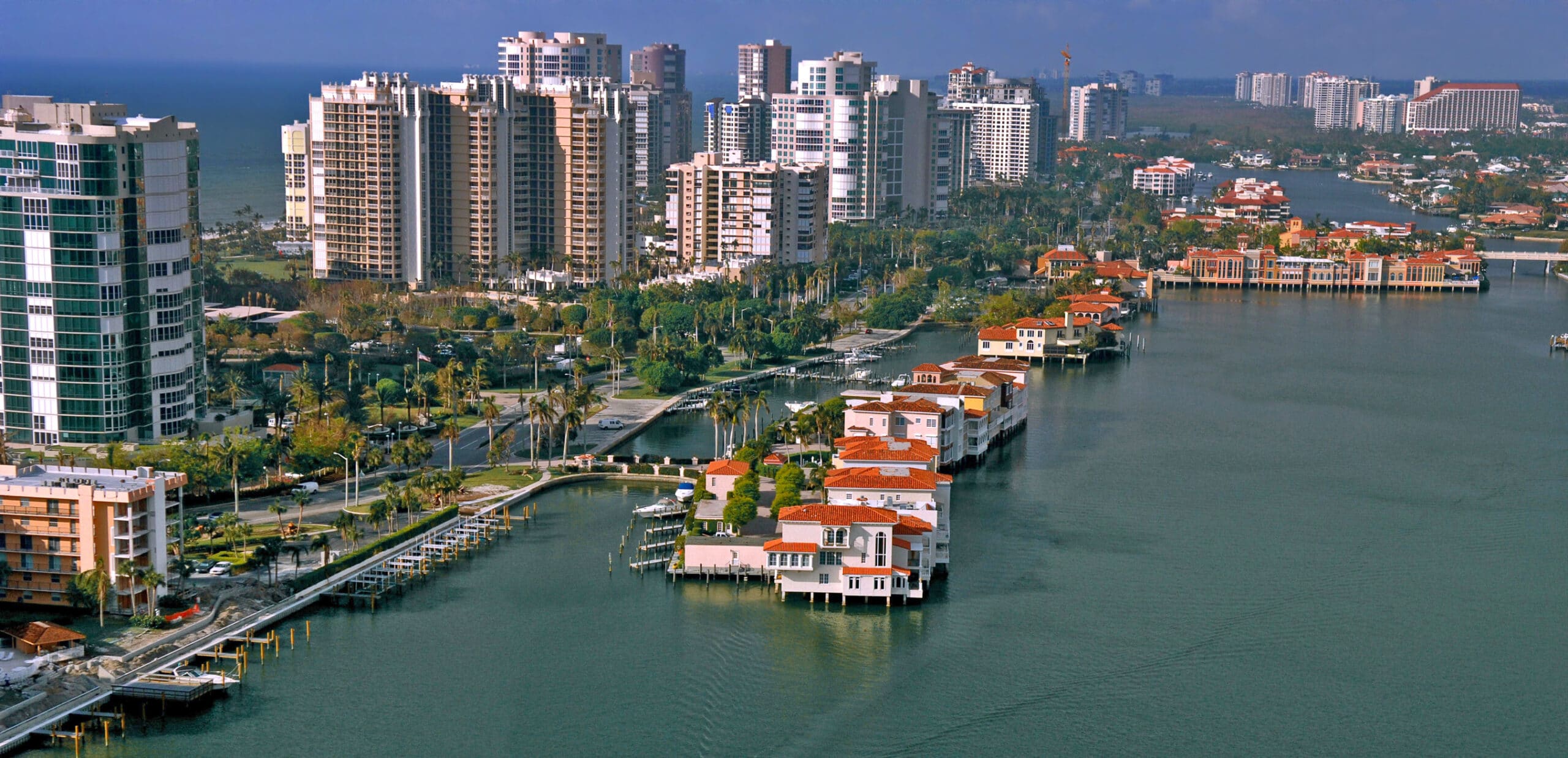Every year,hurricanes get more powerful. According to Tampa Bay Times, Sandy in 2012 was the largest diameter storm that hit the Atlantic “since the record on that statistic began in the early 1980s.” In 2017, Hurricane Harvey was the storm that brought more than 60 inches of water on the Houston metro area, naming it the wettest storm on record. Then weeks after Harvey came Irma, which was the most disastrous storm to form in open Atlantic waters and stayed in Category 5 strength for about 66 hours.
The two legacy hurricanes of 2018, Florence and Michael, broke records when Florence inundated the Carolinas dropping the eighth most rain of any storm level in the U.S. and Michael, which reduced Mexico beach to rubble, was the strongest storm on record to strike the Panhandle and had the highest wind speed of any storm ever recorded to hit the U.S.
As scientists predict, those records will all likely be broken again. This means that storms will get worse for coastal states like Florida.
“The strongest storms are getting stronger. The science is clear on this,” said Penn State University atmospheric professor Michael Mann. “We can expect more intense hurricanes, greater flooding, worse storm surge which, combines with sea level rise, presents an existential threat to the Florida coastline.”
There are many reasons as to why mother nature is responding the way it is. The first is global warming from greenhouse gas emissions. A warmer planet means warmer oceans which results in devastating storms because they feed off warm water.Second, clean air. Air pollution prevents sunlight from reaching the ocean,which increases sea surface temperatures just enough to reduce hurricane threat. As evidenced in the previous year, this combination is a perfect pair for catastrophes.
We are already seeing the consequences of global warming. More storms are packing winds that are off the charts. Scientists put storms into categories based on their wind speeds. Category 5, the highest of all, includes winds of 157 mph. Category 6,which doesn’t exist, would theoretically begin at 195 mph, and a category 7 at 230 mph.
Another effect of warmer climate is that storms will be wetter due to more water vapor in hot air. This results in more flooding cases like hurricanes Harvey and Florence. Flooding is enhanced by rising sea levels.
“If Sandy had happened 100 years earlier, it probably wouldn’t have flooded Manhattan the way it did because sea level was afoot lower 100 years ago,” said MIT atmospheric science professor Kerry Emanuel.
Additionally,global warming causes hurricanes to move toward poles and away from the traditional development zones.
“Basically what seems to be happening is that the subtropics are becoming more hospitable for hurricanes,” Kossin said, “and the deep tropics are becoming slightly more hostile. So as they move north, they are able to maintain their intensity longer.”
An example of this happened in the 2018 season, where seven storms started in the subtropic latitudes.
Another factor that scientists believe influences hurricanes is a salinity cycle in the northern Atlantic. The cycle takes several decades to run its course, and it has just recently died down, suggesting a quieter period to come.
The 2018 season ends with 15 named storms, eight hurricanes, two of which — Florence and Michael — reached major hurricane status. A major hurricane is a Category 3 or higher with wind speeds of at least 111 mph. An average season has 12 storms,six hurricanes, two of which are major.
Contact Us Today for Assistance
If you have experienced an insurance loss from a hurricane, tropical storm or other major weather event, don’t be surprised if the insurance company’s first reaction is to claim that your damage is due to some pre-existing condition or assert that your claim is not covered under the terms of your policy or even cancel your policy based on recently-discovered “errors” in your application. But don’t worry.
Experienced and aggressive attorneys from ILG are on your side and will advocate on your behalf to see that you get the benefits you are entitled to. At ILG, we take the time to analyze and interpret your policy and understand the full measure of damages available to you. We work with construction experts, restoration professionals and others to determine the facts.
Don’t delay and contact us today for a free consultation in Florida. The Insurance Litigation Group will walk you through the terms of your insurance policy and help you recover the full extent of your covered losses.
